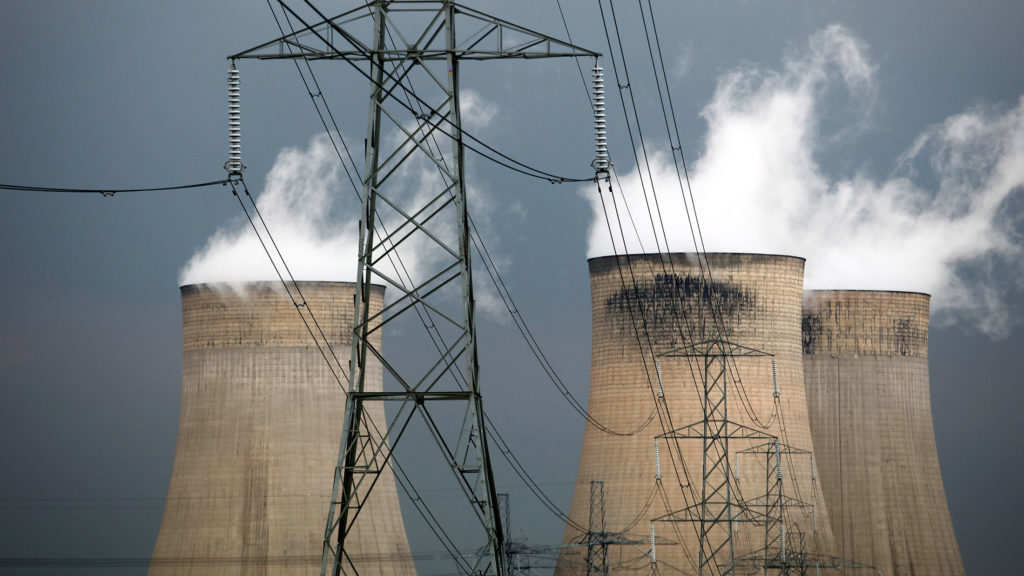
Uniper has been hard hit by reduced Russian gas deliveries, posting major losses and with better times only coming in 2024, it has said.
The company posted an adjusted EBIT of negative 564 million euros ($573mn) for the first half, with a net income of negative 359mn euros ($365mn). This marks a reversal from the same period in 2021, when Uniper posted record adjusted EBIT of 580mn euros ($590mn).
Russia has reduced gas supplies to Uniper. As a result, the company has been forced to buy supplies from the spot market at high prices.
Uniper posted a 12 billion euro ($12.2bn) loss. Of which 6.5bn euros ($6.6bn) was related to the future impact of gas problems. It also took a 2.7bn euro ($2.7bn) charge on the impairment of loans to Nord Stream 2 and goodwill on commodities and Russian power generation.
“Uniper has for months been playing a crucial role in stabilising Germany’s gas supply — at the cost of billions in losses resulting from the sharp drop in gas deliveries from Russia,” Uniper CEO Klaus-Dieter Maubach said.
Challenges
Russian power generation seemed to be a rare positive in Uniper’s results. While the company reported price discrepancies in Sweden and lower income in the UK, Russian earnings were “significantly” above the previous year.
Economic net debt reached 2.06bn euros ($2.09bn), up from 324mn euros ($329mn). Uniper ascribed this, again, to challenges around Russian gas deliveries.
The company said it could not provide an earnings forecast for this year given volatility. It does, though, expect to report a loss.
The German government committed in July to providing support to help Uniper ride out the storm.
Earnings in the first half “already reflect the significant adverse impact of reduced gas deliveries from Russia”, said CFO Tiina Tuomela.
“The volatile environment doesn’t currently permit an earnings forecast within an adequate range for the current financial year. However, we expect to record negative earnings owing to the significant reduction in Russian gas deliveries. We expect an earnings improvement in 2023 and aim to leave the loss zone beginning in 2024.”
